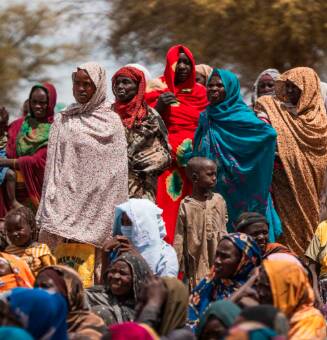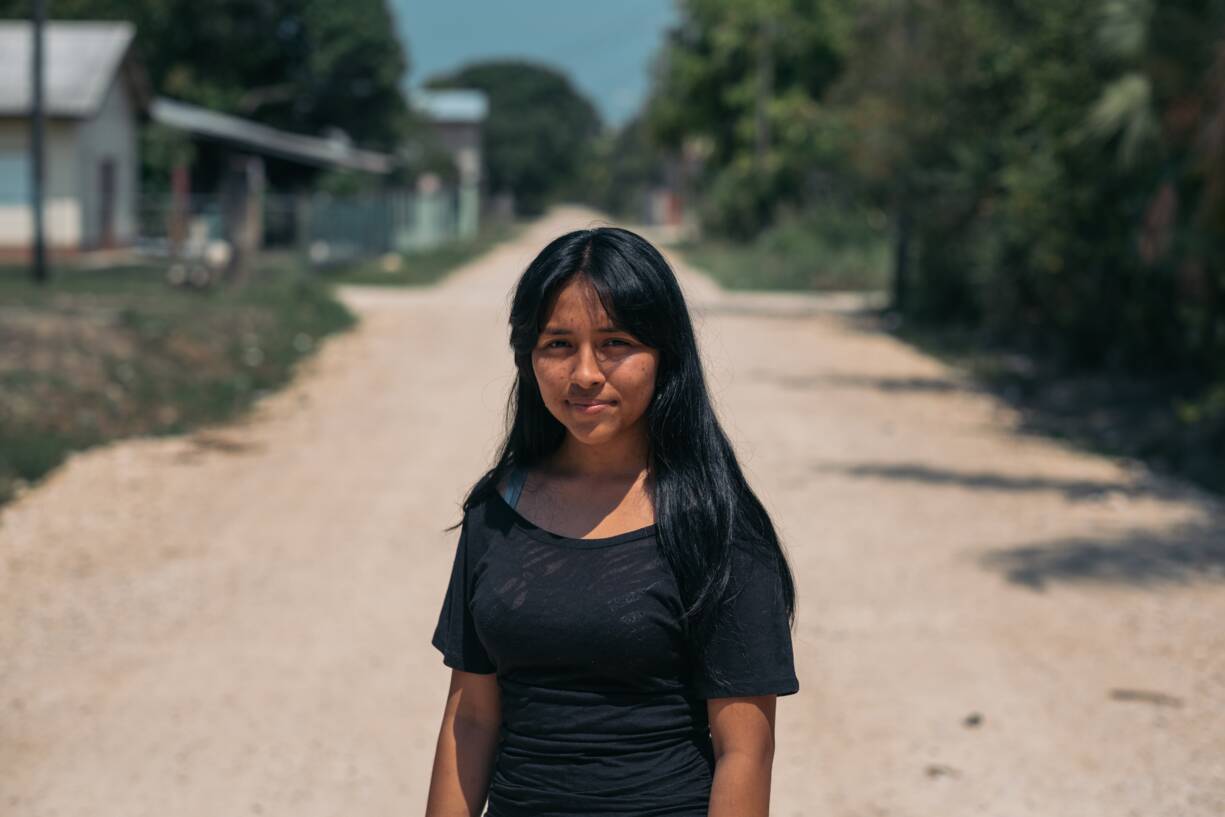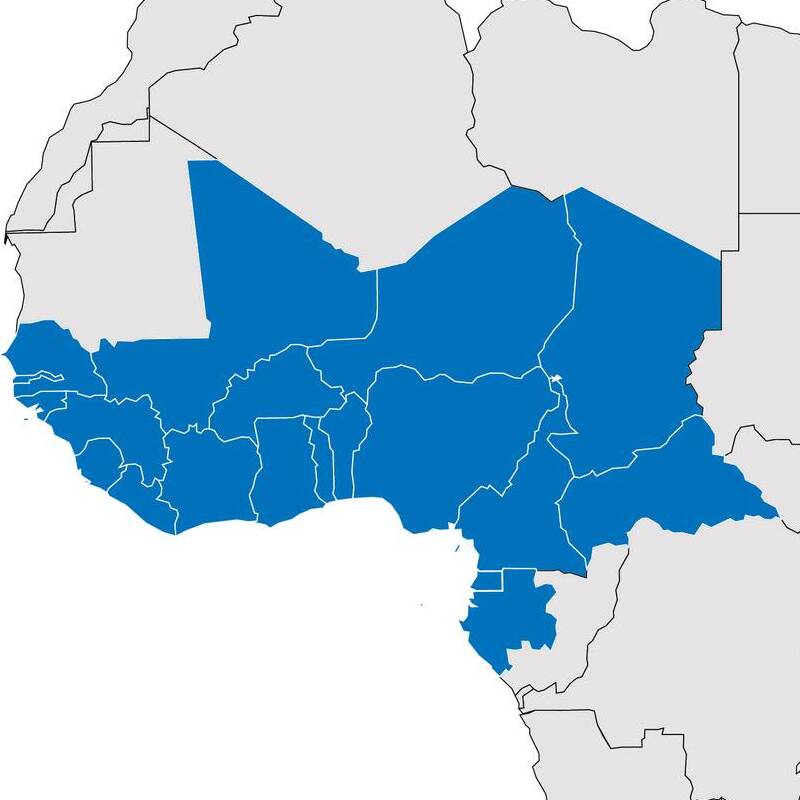The boundaries and names shown and the designations used on this map do not
imply official endorsement or acceptance by the United Nations
 | 4 | Regional views | 142 | Countries covered |
 All regions
All regions

Regional Bureau for Asia and the Pacific
UNHCR’s operations in Asia and the Pacific encompass two of the world’s largest forced displacement crises, involving large numbers of children without access to quality education, deep poverty, significant statelessness and an ever-present threat of gender-based violence. Access to territory, asylum, and protection remain challenges across the region, where only 20 of the 45 countries and territories have acceded to the 1951 Convention relating to the Status of Refugees, and only three States are party to both statelessness conventions. The total number of refugees, people in refugee-like situations, stateless persons, Internally Displaced Persons (IDPs), returnees (both refugees and IDPs) and others of concern to UNHCR in Asia and the Pacific by mid-2023 stood at 14.3 million. This includes 23 per cent of the world’s refugees under UNHCR’s mandate (7.2 million of 30.5 million) and 57 per cent of the world’s recorded stateless population (2.5 million out of 4.4 million). “UNHCR will focus on the search for solutions in the Asia and the Pacific region. Too many refugees, IDPs and stateless persons in and from the region have been facing precarious situations for too long, generously hosted by countries and communities who have received too little support. The Global Compact on Refugees and the Global Refugee Forum give us a unique opportunity to turn the tide. It is time to broaden responsibility for protecting the displaced and stateless in the region and express solidarity through practical measures that concretely improve their lives”. Regional Director Indrika Ratwatte.
Regional Bureau for Eastern and Southern Africa
UNHCR Regional Bureau for Eastern and Southern Africa (RBESA) is based in Nairobi, Kenya, covering 25 countries. This includes Angola, Botswana, Burundi, Comoros, Djibouti, Eritrea, Eswatini, Ethiopia, Kenya, Lesotho, Madagascar, Malawi, Mauritius, Mozambique, Namibia, Rwanda, Seychelles, Somalia, South Africa, South Sudan, Sudan, Tanzania, Uganda, Zambia, and Zimbabwe. This follows UNHCR’s restructuring in October 2025, merging countries previously under the East, Horn of Africa, and Great Lakes (EHAGL) and Southern Africa (SA) regional bureaus. In addition to the bureau, there are three Multi-Country Offices (MCO), Mozambique MCO that will be covering Mozambique and Angola, and Zambia MCO that will be covering Malawi, Zambia and Zimbabwe and South Africa MCO covering Botswana, Comoros, Eswatini, Lesotho, Madagascar, Mauritius, Namibia, Seychelles and South Africa. The bureau also manages two specific situations: the Sudan Situation and the South Sudan Situation. It is responsible for strategic decisions, regional priorities, integrity oversight, and quality assurance. The RBESA also provides technical support to country operations in various sectors, including education, child protection, economic inclusion, and durable solutions.
Regional Bureau for the Americas
UNHCR’s Regional Bureau for the Americas oversees operations in the Americas and the Caribbean, one of the world’s most dynamic and complex displacement situation. By the end of 2024, it hosted 21.9 million forcibly displaced persons and others in need of protection – accounting for one out of every six displaced or stateless person globally. This includes refugees, asylum-seekers, internally displaced persons, stateless individuals, and others affected by violence, persecution, organized crime, and increasingly, climate-related disasters. Displacement patterns are evolving, with declining northbound mixed movements and new southbound routes. Protection risks remain high, while insecurity and funding shortfalls continue to constrain humanitarian access. Internal displacement continues in Colombia, Haiti, and parts of Central America and Mexico, and asylum seekers continue to seek protection in Mexico, Brazil, and Costa Rica. Millions of Venezuelans refugees and migrants remain in Colombia, Peru, Chile, Brazil, Ecuador and other countries. Despite the challenges, the region offers opportunities. The integration of refugees drives socioeconomic gains for the region, and governments are advancing asylum systems, regularization pathways and legal stay arrangements. Initiatives promoting socioeconomic inclusion and naturalization, reinforced by regional frameworks like the Quito Process, MIRPS, and the Cartagena+40 Chile Plan of Action, demonstrate the region’s political will and commitment to solidarity and responsibility-sharing.